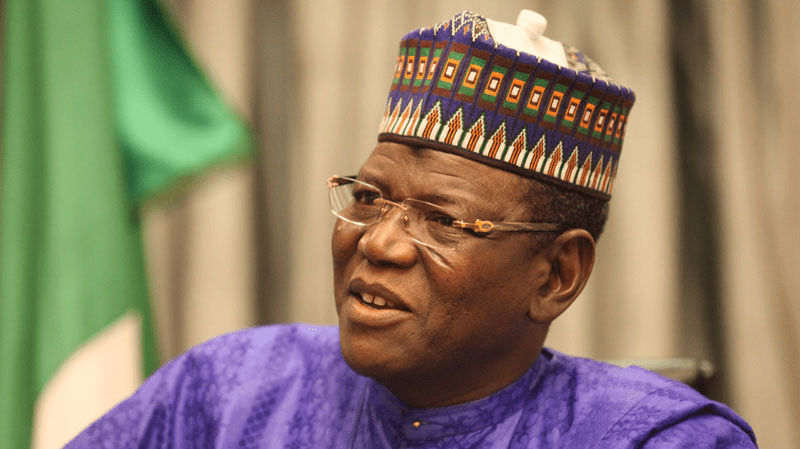Former Governor of Jigawa State, Sule Lamido, has said that President Bola Tinubu was among those who supported the annulment of the June 12, 1993, presidential election, widely regarded as Nigeria’s freest and fairest poll.
Lamido made this claim during an interview on Arise Television on Saturday, where he questioned the widely accepted narrative of President Tinubu’s pro-democracy activism during the military era.
According to Lamido, Tinubu’s political influence only became pronounced after the late General Sani Abacha seized power, adding that the acclaimed pro-democracy group NADECO (National Democratic Coalition) was not formed to defend June 12, but to oppose Abacha’s regime.
He further alleged that Tinubu’s mother, the late Hajia Abibatu Mogaji, mobilised Lagos market women to Abuja in support of the then military ruler, Ibrahim Badamasi Babangida, who annulled the 1993 election.
READ ALSO:
Lamido said, “I feel highly entertained by Tinubu’s rhetoric, the way he’s dramatising his role in Nigeria’s democracy.
“Tinubu became relevant and noticeable after Abacha took over the government; before then, he was in the Senate while he was the secretary of the party.
“His own mother, Hajia Mogaji, was organising Lagos market women to come to Abuja to pledge support for Babangida,” Lamido claimed.
“Tinubu was actively hand-in-glove with Babangida. NADECO was a postulation formation to fight Abacha, not for June 12.”
The June 12, 1993 presidential election, believed to have been won by Bashorun MKO Abiola, was annulled by then military ruler, General Babangida, sparking a political crisis that shaped Nigeria’s democratic history.
Over the years, Tinubu has been celebrated as a prominent figure in the fight for democratic restoration—a narrative Lamido is now challenging.















